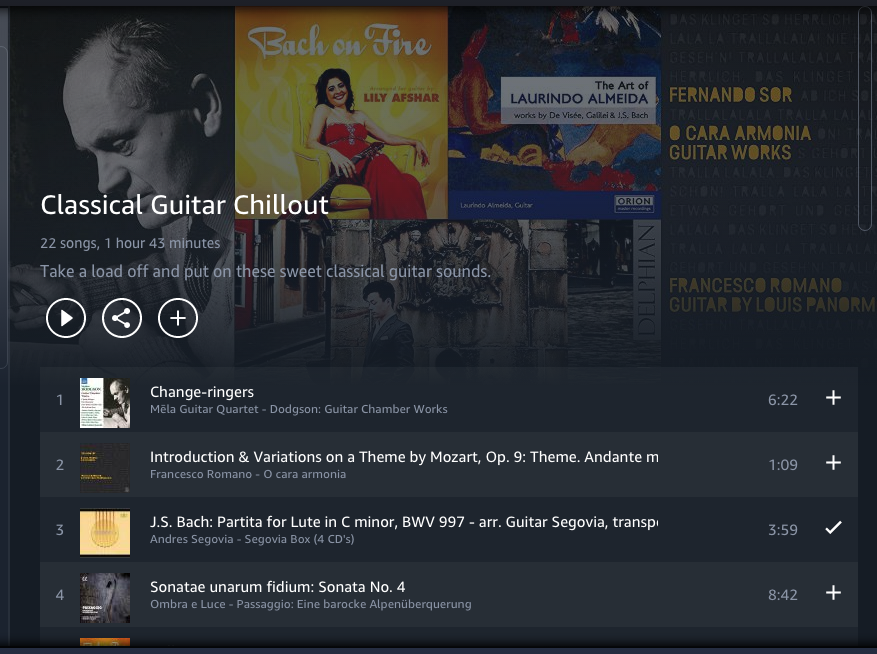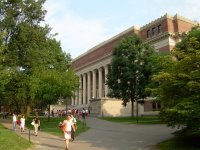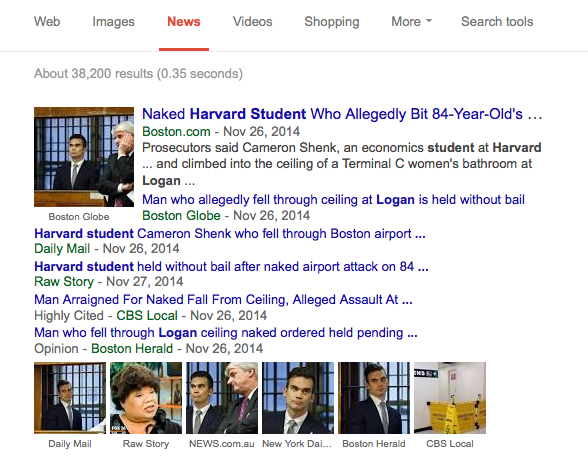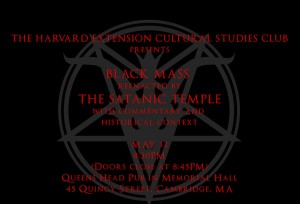A group of current Harvard Extension School students has created a petition to remove the “In Extension Studies” designation from Harvard Extension School diplomas, and replace it with the actual concentration of the student receiving the degree. It’s a great idea, and has received lots of support (the petition currently has hundreds of digital signatures, including my own). Unfortunately, I don’t think it will result in change, based on some historical context that I will share below.
First, some background. A matriculated HES student needs to meet the requirements for his or her respective program in order to receive an ALB degree (undergraduate) or ALM degree (graduate). The Extension School has concentrations (equivalent to “majors”), ranging from computer science to visual arts. My concentration was history. But, instead of receiving a diploma that identified my degree (ALM) and concentration (history) it instead lists “ALM in Extension Studies.”
This ridiculous and confusing designation has bedeviled Harvard Extension School graduates for decades. It does not correspond to any real concentration or course of study. As I recall, there may have been a class or two in the past 100 years that related to extension schools or continuing education, but there were never enough credits available to form a distinct concentration. Aside from the wording of the diploma, the Harvard Extension School does not use the term “Extension Studies” in its marketing, course descriptions, or communications with students and alumni. It’s basically a historical anachronism, or an attempt by the Harvard Faculty of Arts and Sciences to differentiate (or denigrate) the accomplishments of Harvard Extension School students.
The petition, hosted on Google Docs, sums up the issue as follows:

The petition asks for names and graduation year, and then asks:
- When you signed up for classes at HES, did you know you were getting a degree in “Extension Studies”?
- Are you a distance student?
- Extension School Program?
- Your personal feedback
Until I read the petition and the associated Facebook page, I regarded the “In Extension Studies” designation as an irritant. After all, the Harvard Extension School allows students to list their concentration on their resume. But then I began to read some of the stories about Extension School alumni who had serious problems, such as this student who told his story on an online Extension School forum:
Want to add my 5 cents to the problem. I graduate with ALB in 2014; currently enrolled in ALM, Software Engineering.
For the last 6 months I’ve been looking for jobs in the US (I’m a remote foreign student). HES doesn’t provide student visas for foreign students, so it was already a challenge to find companies that would even consider interviewing someone with a US degree, but without a temporary permit to work after graduation (so called OPT). I was aware of that from the very beginning, but didn’t expect to that so few companies actually work with foreigners without experience. In case you’re interested, I didn’t get a single offer in Boston even though I tried really hard to move there. Luckily NYC and San Francisco were much more visa-friendly cities.
After I found a couple of companies who were ready to interview despite the required visa sponsorship and almost lack of experience, I had to explain “liberal” part of the degree name (nobody actually paid attention to “Extension School” words). It wasn’t too bad since most HRs and engineers I talked to were more interested in my actual knowledge and whether I can confirm that I know the things I listed in my resume. Liberal/extension “flaw” wasn’t much of a concern for them (including big companies, e.x. Google, Microsoft). And I personally felt fine about that since my program of study really wasn’t that rigorous compared to the college one (I skipped a couple of math classes that I wasn’t interested in).
However, after I got a job offer and started to work with the lawyers the real troubles came into play. The degree officially says “in extension studies” rather than “in Computer Science” whereas the transcripts specify concentration (sciences), field of study (computer science) and a minor (thesis/research). The lawyers immediately saw an inconsistency between transcripts and the diploma. For a couple of days I was explaining to them how HES works, provided links to the web site and even contacts of HES admission office for further inquiries. In the end, my attorney said that they’ll have to send my degree for special evaluation to confirm Computer Science concentration because the transcripts specify one thing and the diploma a different one.
I’m sure it will all work out and I’ll get an additional paper from some evaluation service that will confirm that my degree is a real computer science degree, but Harvard should feel embarrasses that lawyers have to send a degree from Harvard with transcripts to verify the field of study mentioned in the transcripts.
In short, I don’t complain about “liberal” arts or requirement to specify Extension School in my resume and about frankly explaining to employers what school I attended and why. I slightly object the lack of F1 support because that wasn’t the case before 2009. However, I strongly feel that the degree conferred in Harvard Yard in Tercentenary Theatre with all other Harvard diplomats should not be a subject for any additional verification or legal doubts.
This young man is absolutely right. There should not be any doubt or questioning about the degree he received, yet he was subjected to something that graduates from other Harvard schools would never experience. Three stupid words — “In Extension Studies” — threatened his ability to work at a job that he was otherwise qualified to do.
The three students leading the charge to replace “In Extension Studies” with the name of the concentration are doing all of the right things. Besides the petition, they have met with the Harvard Extension Students Association (HESA) and the Extension School administration. They organize events. They have a solid social media presence.
Unfortunately, they are fighting a stacked deck. They are not the first to protest “In Extension Studies.” As I recall, the HESA administration in the mid-2000s also lobbied the administration. The head of the Harvard Extension School – Dean Shinagel – even told hundreds of new graduates at the 2008 dinner for new graduates that he wanted to get rid of “In Extension Studies.” I was there, and when Shinagel made this announcement, everyone cheered. A proposal was eventually put in front of the FAS faculty committee, and … nothing happened.
So I have to ask: If a very powerful and esteemed dean (Shinagel had led the school since the 70s, and served as a house master for Harvard College, and FAS faculty member) was unable to get anything done 6 or 7 years ago, what has changed in the interim that would encourage the powers that be (the University administration and FAS faculty) to change the diplomas now?
Keep in mind that Harvard Extension School students have been treated as second-class citizens at Harvard for more than 100 years. We put in years of effort to complete our degree requirements, conduct serious research under Harvard faculty, and earn our degrees. Yet Extension School students can’t easily cross-register. Students can’t live in University housing. Students can’t get proper visas. FAS and the rest of the University have no interest in changing the status quo, and I am afraid that the petition will suffer the same fate as similar efforts have experienced in years past — it will be ignored or rejected.
What are your thoughts about the latest petition? Are things different now? What hope do we have as students and alumni to get a diploma that reflects our accomplishments and concentrations?








